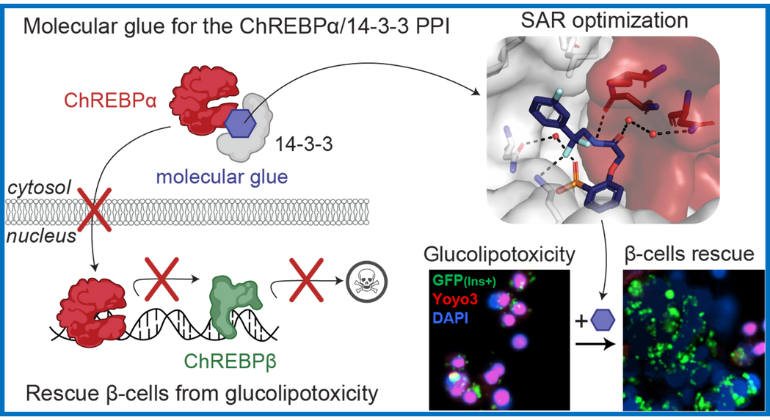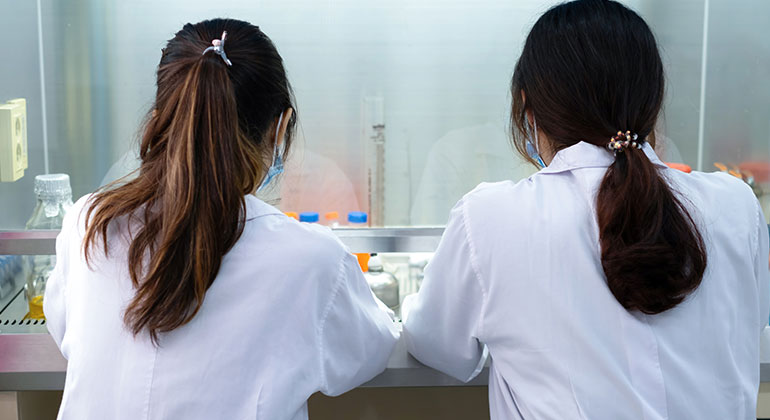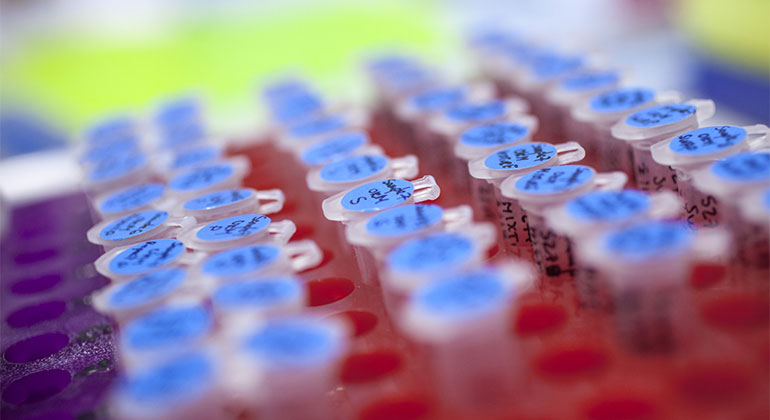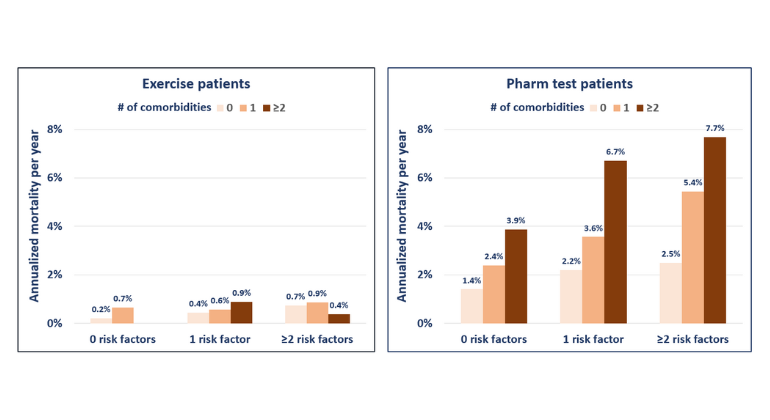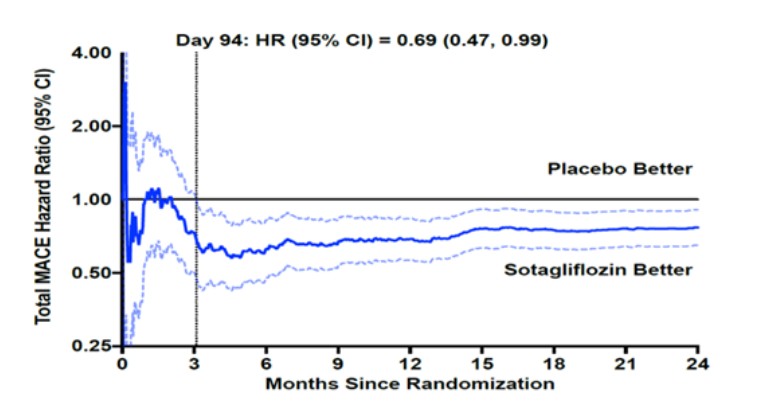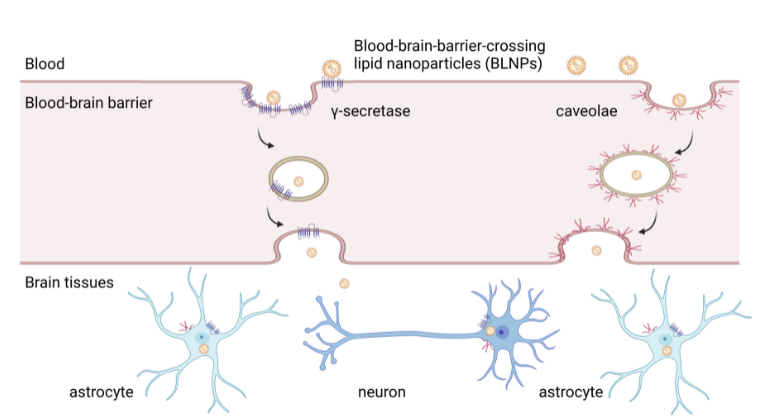Mount Sinai a Lead Site in NIH-Funded Rare Diseases Consortium Studying Autism and Intellectual Disability
10-institution study seeks to pilot new treatment approaches
Under a five-year, $6 million grant from the National Institutes of Health’s (NIH) Rare Disease Clinical Research Network, the Icahn School of Medicine at Mount Sinai (ISMMS) will serve as one of 10 medical centers that have formed the Developmental Synaptopathies Consortium (DSC). The consortium will study three rare, genetic syndromes that often cause autism spectrum disorder (ASD) and intellectual disability (ID).
While both ASD and ID have a variety of know genetic causes, the three conditions to be studied by the DSC – tuberous sclerosis complex (caused by mutations in the TSC1 and TSC2 genes), Phelan-McDermid syndrome (caused by SHANK3 mutations) and PTEN Hamartoma Tumor Syndrome (caused by PTEN mutations) - seem to affect certain shared cellular pathways that influence the development of synapses, the spaces between nerve cells in pathways that “decide” whether signals travel onward to create healthy brain connections.
The consortium seeks to distinguish the neurobehavioral characteristics of these rare syndromes. Researchers will also track the natural history of the syndromes to identify demographic, environmental and other variables that correlate with disease outcomes, which may enable the development of mechanism-based therapies for ASD and ID.
The Seaver Autism Center for Research and Treatment at ISMMS will lead the study of Phelan-McDermid syndrome (PMS), an autism-related syndrome that is typically caused by a defect in the SHANK3 gene. Found in the heart, kidney and other organs, SHANK3 plays its most important role in the brain by supporting the structure of excitatory synapses. The SHANK3 gene is involved in processes crucial for learning and memory and has an important, yet not fully understood, role in proper brain development.
“Through the consortium, we can tackle challenges common to rare diseases like Phelan-McDermid syndrome, including widely dispersed patient populations and scientific experts, difficulty in diagnosis and the lack of data from natural history studies,” says Alex Kolevzon, PhD, Clinical Director of the Seaver Autism Center and principal investigator of the Phelan-McDermid syndrome consortium. “Our collaboration will provide a robust data source, enabling us to develop best clinical practices and provide a foundation for the development of novel therapeutics in the future.”
Phelan-McDermid syndrome is associated with intellectual disabilities, sleep disorders, seizures, behavioral issues, functional language delays, low muscle tone, poor motor control and problems with eating. Like other autism-related syndromes, severity of symptoms varies widely.
Together, the sites seek to enroll 100 patients with tuberous sclerosis, 90 with Phelan-McDermid syndrome and 140 with PTEN mutations, ages 3 to 21, and follow them for three to five years with physical examinations, neuropsychological testing and advanced brain imaging.
“To date, genetic studies indicate that there are about 500-1,000 genes that make people susceptible to ASD and ID,” says Mustafa Sahin, MD, PhD, a pediatric neurologist and Boston Children’s Hospital and Director of the Developmental Synaptopathies Consortium. “While it’s very unlikely that a single therapy could treat disorders with so many distinct causes, we may be able to find certain groups of patients who share defects in similar biochemical pathways who may respond to treatment with the same agents.”
“I am excited to co-direct this consortium because of the opportunity to look at rare single gene causes of autism and developmental delay,” says Joseph Buxbaum, PhD, Director of the Seaver Autism Center and Administrative Director of the Consortium. “We will be able to plan the best ways to treat individuals with these mutations and develop novel medicines for the disorders. A deeper understanding of the shared biological underpinnings of these rare diseases may also serve as a window to our understanding of the broader mechanisms of ASD and ID.”
In addition to the NIH and the Icahn School of Medicine at Mount Sinai, the consortium includes Boston Children’s Hospital, Cincinnati Children’s Hospital, Cleveland Clinic, Rush University Medical Center, Stanford University, University of Alabama at Birmingham, University of California at Los Angeles and University of Texas at Houston.
About the Seaver Autism Center for Research and Treatment at Mount Sinai
The Seaver Autism Center for Research and Treatment at Mount Sinai conducts progressive research studies aimed at understanding the multiple causes of autism spectrum disorders (ASD). The multidisciplinary team is comprised of experts in the fields of genetics, molecular biology, model systems, neuroimaging and experimental therapeutics who are dedicated to discovering the biological causes of ASD. The Center strives to develop innovative diagnostics and treatments for integration into the provision of personalized, comprehensive assessment and care for people with ASD. The Seaver Autism Center was founded through the generous support of the Beatrice and Samuel A. Seaver Foundation. For more information, visit www.seaverautismcenter.com or find the Seaver Autism Center on Facebook and Twitter.
About the Mount Sinai Health System
Mount Sinai Health System is one of the largest academic medical systems in the New York metro area, with 48,000 employees working across eight hospitals, more than 400 outpatient practices, more than 600 research and clinical labs, a school of nursing, and a leading school of medicine and graduate education. Mount Sinai advances health for all people, everywhere, by taking on the most complex health care challenges of our time—discovering and applying new scientific learning and knowledge; developing safer, more effective treatments; educating the next generation of medical leaders and innovators; and supporting local communities by delivering high-quality care to all who need it.
Through the integration of its hospitals, labs, and schools, Mount Sinai offers comprehensive health care solutions from birth through geriatrics, leveraging innovative approaches such as artificial intelligence and informatics while keeping patients’ medical and emotional needs at the center of all treatment. The Health System includes approximately 9,000 primary and specialty care physicians and 11 free-standing joint-venture centers throughout the five boroughs of New York City, Westchester, Long Island, and Florida. Hospitals within the System are consistently ranked by Newsweek’s® “The World’s Best Smart Hospitals, Best in State Hospitals, World Best Hospitals and Best Specialty Hospitals” and by U.S. News & World Report's® “Best Hospitals” and “Best Children’s Hospitals.” The Mount Sinai Hospital is on the U.S. News & World Report® “Best Hospitals” Honor Roll for 2024-2025.
For more information, visit https://www.mountsinai.org or find Mount Sinai on Facebook, Twitter and YouTube.
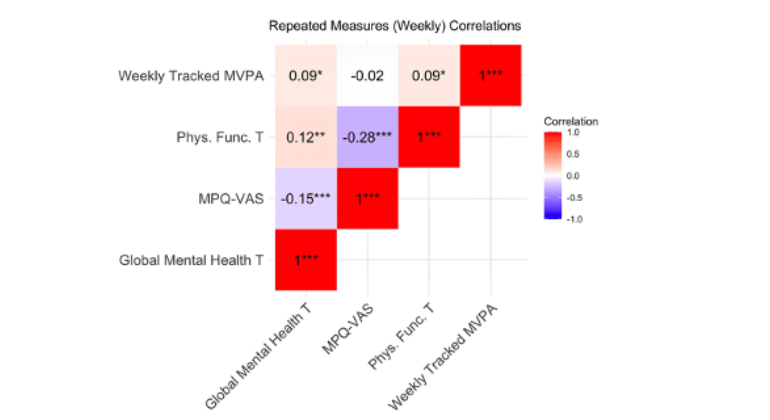
Physical Activity Boosts Mental Health in Women With Chronic Pelvic Pain Disorders
Feb 26, 2025 View All Press Releases


